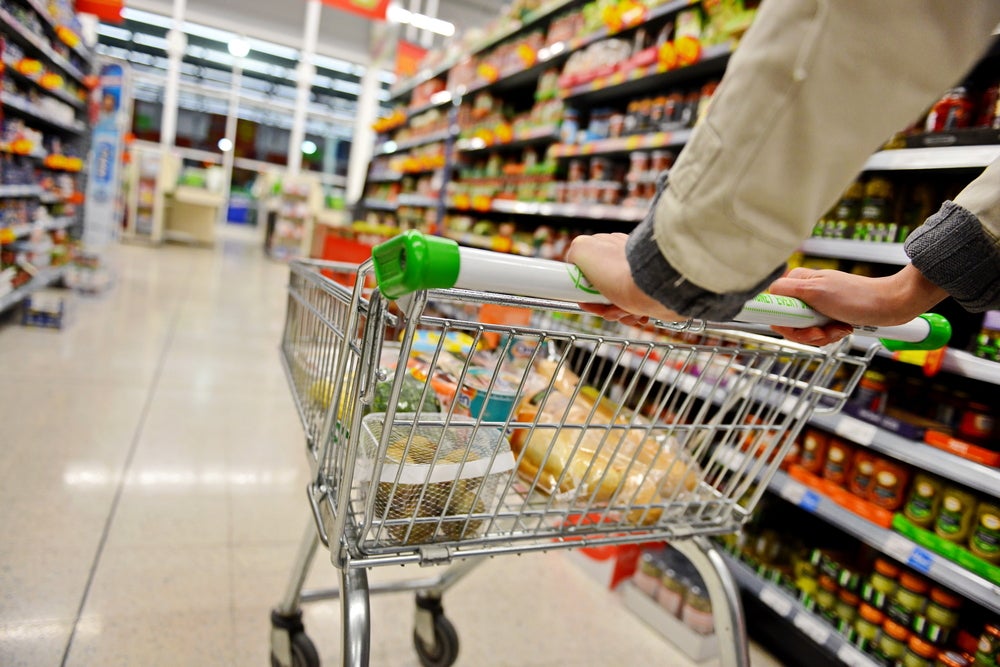
The half-percentage-point rise in confidence in the first quarter of 2024, although marginal, marks the sixth consecutive quarter of continued improvement in consumer sentiment. This puts confidence at its highest rate in over two years, according to the latest Deloitte Consumer Tracker, based on responses from 3,198 UK consumers aged 18+ surveyed between 15 and 18 March 2024.
Consumer confidence rose 6.5% year-on-year, largely driven by a significant improvement in sentiment towards household disposable income (up 18.2% on Q1 2023). This, paired with a 5.2% yearly increase in sentiment towards debt levels, paints a much more positive picture of how consumers are feeling about their personal finances.
In particular, younger people appear to be feeling more confident about their personal finances. The biggest quarterly improvement in sentiment towards disposable income was recorded amongst 25–34-year-olds (+8% points). This is even more significant when compared with Q1 2023, with this group having registered a 37% point improvement in sentiment towards their household disposable income, more than double the overall average.
Consumers aged 18-24 and 25-34 are also feeling markedly more confident in their levels of debt compared to a year ago, with 17 and 15% point improvements respectively in their sentiment. This is compared with a 5% point improvement overall.
Though confidence in personal finances is improving, the first quarter of the year has seen the usual post-Christmas cool-off in expenditure, with discretionary spending falling 3.2% points. Meanwhile, spending on essentials has also slowed with utility bills (-5.2% points) and grocery (-4% points) spending falling in the first quarter of the year. However, spending remains at a net positive compared to last year, with essential spending up 0.5% points and discretionary spending up 5.5% points.
Commenting on this, Deloitte consumer insight lead, Céline Fenech, said: “It is encouraging to see that consumers are feeling more confident in their personal finances – particularly younger consumers. Many consumers are paying less for essentials such as utility bills and groceries as inflation falls. However, spending on non-essential goods and services dropped this quarter, meaning that improving confidence is not yet translating to a significant boost to spending, and cautious optimism is required.
“There are some positive signs that consumers might be starting to loosen their purse strings, with more wriggle room for spending on discretionary items or services. We are seeing the rate at which consumers are increasing their defensive behaviours easing, for example fewer consumers buying goods on promotion or from cheaper supermarkets.
“Consumer confidence at its highest level in two-and-a-half years combined with the weather hopefully improving, should signal a brighter outlook for the consumer sector.”






